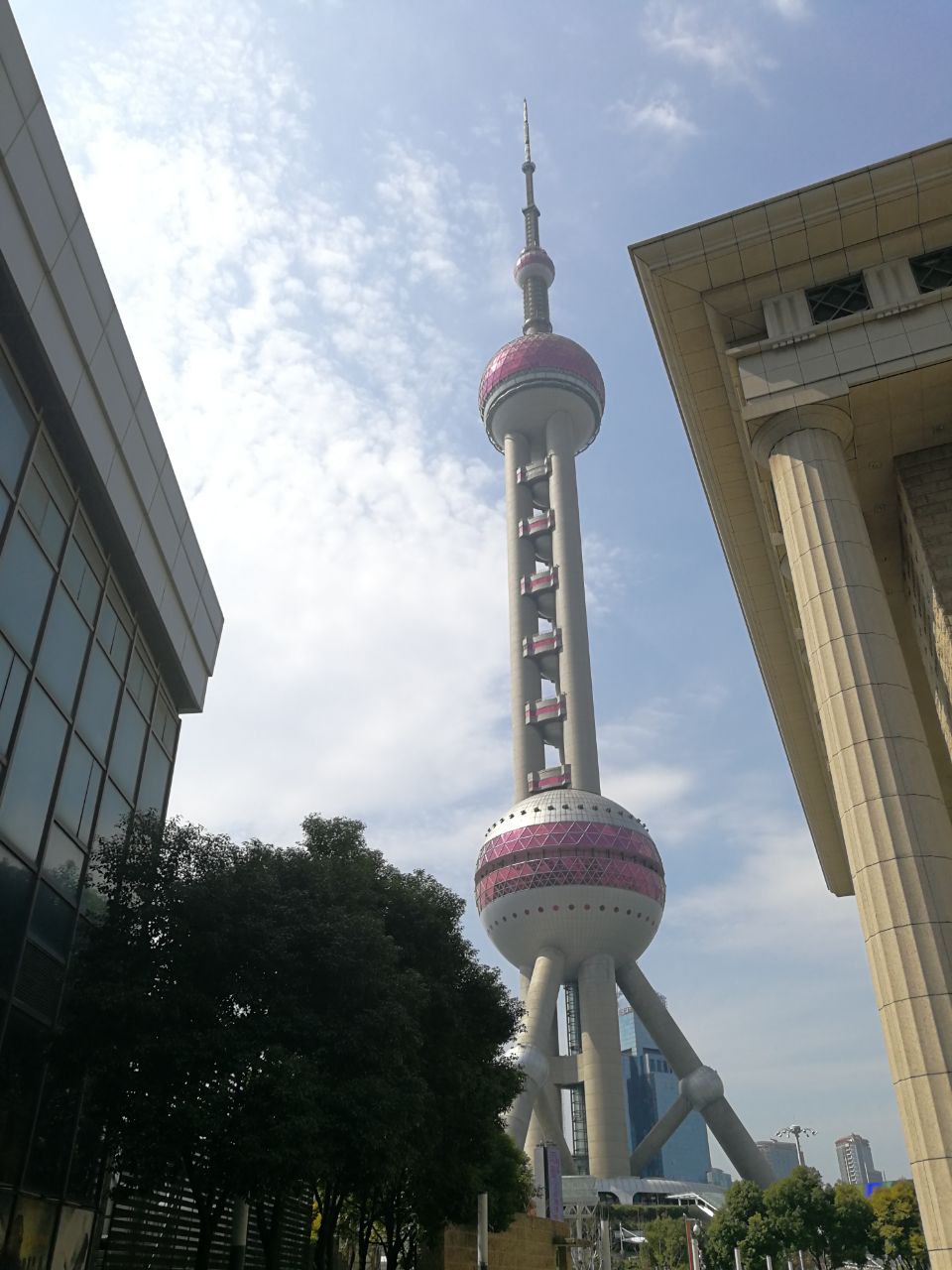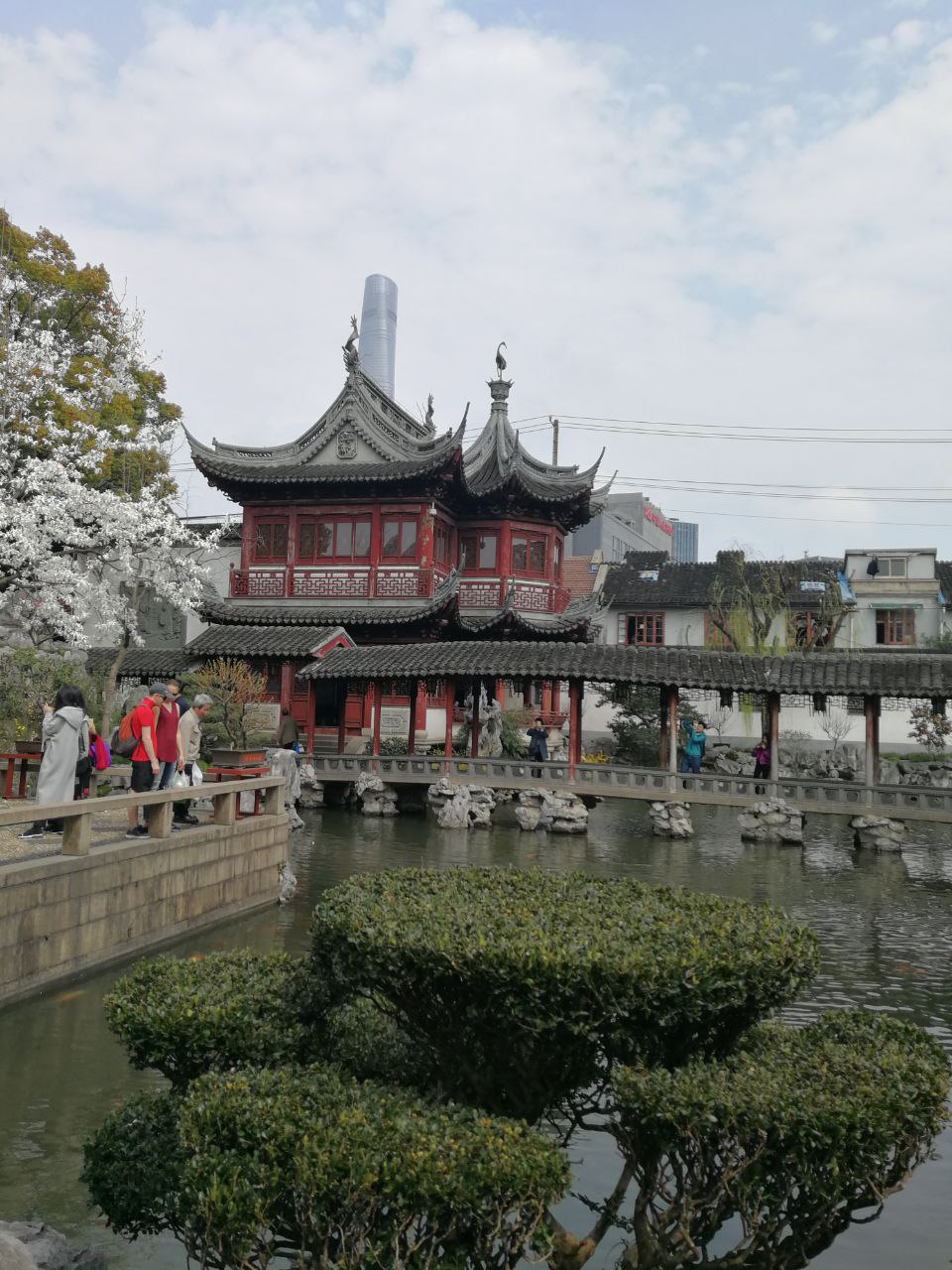Your cart is currently empty!

The Great Chinese Adventure – Lifestyle
#china #shanghai #travel #moveaborad #adventure
Be not afraid of going slowly. Be afraid only of standing still.
Chinese proverb Tweet
Previous posts in the series: The Great Chinese Adventure – the Commencement, A Halloween-birthday in Shanghai, The Great Chinese Adventure – South-West & The Great Chinese Adventure – A Shared Experience.
A few posts back, I mentioned how lifestyle, and even the general notion of life in China is much different from how it is anywhere else in the world. I used a comparison, similar to moving from Android to iOS (again, no advertisement here, just defining my own personal experience) – I feel like having moved from using a phone to using a car. Life in China, in comparison to life anywhere else on Earth, is quite similar in distinction to this comparison. The country lives about 30-50 years in the future (depending on where on Earth you currently are), and everything they have is disposable only at a click or a reach of one’s hand. But with the lack of most basic resources, this same country proclaimed famine only a few decades ago, back in the 80’s. For someone coming from Europe, this difference of 40 years (or 20, as most of us born in the previous millennium would understand it to be) means barely any movement whatsoever. To all of you coming from different continents, it probably means that things can change and move forward relatively significantly. For the people of Eastern Asia, especially China, this epoch represents what a few centuries, or even a whole millennium means to the rest of the world – significant, 180° changes. And that is exactly what happened. How did China manage to do so? Let’s jump into differences in mentality, to try and understand this level of unstoppable development.

Many people say that a language conveys the perception of reality. As someone who speaks six languages (seven, if we count Latin), I find this to be more than truthful. Do you know, for example, that after 25 years of listening to and using Spanish, the first time I’ve ever heard the word for “yesterday” was only last year. As funny as it may sound, since this word does not appear to be used frequently, it shows about how Spanish-speaking people are not oriented towards the past. Think about it, you’re likely to come to the same conclusion. Just like that, it’s easy to see why ancient Eskimo languages have countless words for snow, but none for sand. Chinese language will have words to cover a lot of things we see everywhere in the world, due to the vastness of the country’s territory, but that’s not the point here. My notion is that a native Chinese speaker perceives the world through the pictographs used to describe these words. This is why different Mandarin sublanguages will utilize the same writing, although will be pronouncing it in different vocals and consonants. This is the reason why people coming from certain areas, will be able to normally pronounce the sound “n” at the beginning or end of a word, but will sound it as “l” in the middle. It sounds strange, but they will not perceive each sound for what it is, for letters in Mandarin Chinese will consist of a starting sound, a tone, and a final. And I’m not expecting anyone to completely comprehend this before visiting China.

Another difference is in showing numbers with your fingers. In most of the world, if you want to show any number between one and ten, you will just open that number of fingers. In some cultures, you’ll start with the thumb, in others with the forefinger, and in the rest with the little finger. But, whichever order you decide to go for, it will still be comprehensive to the rest of the world. The same goes for a zero, that you will show by making a circle, using your thumb and forefinger. Not for Chinese native speakers, though. In China, if you show a zero like this, it will be read as “three”. I understood the logic behind this – by locking two fingers together, you’ll have three open. But I’ll never understand why six is shown by opening your thumb and little finger. Just like that, they will naturally not understand why six open fingers mean exactly six – as incredible as it may sound.
The calculus of a native Chinese speaker is also incomprehensive to the rest of the world. Now, this has nothing to do with a super popular stereotype, as I am 100% opposed to those, across the board. This has to do with how I saw Shanghainese children in elementary school do math. Let’s say that you want to add 49 to 57. Naturally, you will put the last digits together, and then add the round numbers to reach the final result. The children in Shanghainese schools will reach the same final result, but their method of doing it – I saw it on multiple occasions and I am not able to interpret it. In fact, I was not even able to interpret it right after having seen it. You’ve probably seen videos how they multiply multi-digit numbers. I’ll stay grateful for the miracle of the calculator, thank you very much!
I have a very fun story about the perception of numbers. One time, a Chinese teacher (who does not speak any English) asked me what subway line I use to go back home – lines 2 and 9 being the only possibilities around the school. It was my 3rd class, so I answered with the best knowledge I had, saying two. She had no idea, as if I had answered e.g. “bagel” or “running”. It appears there are two words for “two” (but only for this number) – one is a nominal word, and the other one is the actual number. It’s similar to “twelve” and “dozen”. However, if someone told you they’ll be using the line “dozen” to reach you, you’d probably understand it’s line 12, and not for example 3. In China, for some reason, the difference between the two words used for “two” does not appear to be as obvious – one word for “two” conveys 0% of the meaning of the other word. After finding this out, I thought to myself – I should’ve just told her 9!

Something I really liked in the Chinese school system, which most definitely affects the way how people think, is the usage of actual, existing, newfound scientific discoveries, and curricula covering actual science of today, not of 500 years ago. I can confirm a child at the age of six would be able to tell me interesting things and fun facts about how the world’s largest buildings and tallest skyscrapers were made. I was surprised to hear the word “bedrock” coming out of the mouth of a Chinese first-grader (someone between the ages of 5 and 6). In my head, this was the name of an imaginary pre-historical city from the Flintstones. In reality, this is an underground formation, on top of which buildings have to be set. Do you think I have an idea how to translate this word into any language? Absolutely not. Do you think I’d ever think this is something taught at any university around the world? I’d not have the slightest clue. However, if you are six, coming from China, this is a piece of information you cannot live without. A child was telling me curiosities about Burj Khalifa – the building I’d only heard of once at that point in life, guessing by the name it was located somewhere in the Middle East, rather than e.g., Australia.
Another highly interesting and intense thing about the Chinese culture is an extremely competitive school system. If you come from an ex-Yugoslav republic, you will now think “tell me about it, what do you think I went through”. In reality, although ex-Yugoslav school systems are utterly unfair, highly competitive, and for the most part completely useless (especially pre-university institutions), they’ve got nothing on the system in China. In a Shanghainese private school, the grades after one year of schooling would be something like “The child can add two and two, and thus can do math”. After the second year, the grades would be much more severe, such as “The child cannot quickly multiply two double-digit numbers, and needs quick intervention, in order to proceed with schooling”. I mean, most math teachers I know cannot multiply two double-digit numbers at all, let alone quickly. And none of them is a bad math teacher. You will also see children staying in school for eight or more hours each day, and be involved in an average of six afterschool activities – foreign languages, math classes, art classes, sports, cultural events, etc. This is a very simple must in China, and cannot be reviewed as unhealthy daily life. The thing is, due to the number of citizens, the education is China is so extremely competitive, that even grades in certain periods determine whether a person can continue schooling at all. Depending on the degree, people can only work in certain industries, and these rules are overly strict and apply to everyone indiscriminately. As much as we would call this unhealthy, not a lot of choice is given, in order to harness everyone’s maximum potential. I’ve recently found out that Japan and Korea suffer from a very similar situation.

My favorite thing about China, to conclude the Great Chinese Adventure series of posts, is that a guest is always the primary concern. And for them, it will be very easy to understand who is a guest. Even if you obtain the citizenship after some time, even if your children are born and raised in China, you will forever remain a guest, as someone whose origins do not befall the area of modern-day China. This is why it’s such a great experience for anyone, especially college students, to go and spend a year in China, as English tutors or gym teachers. It is a grandiose place to experience, providing so much of the best that this world has to offer, while safely rocking you in the bubble of being a guest. With all that said, never forget the difference in understanding of life – for this knowledge and experience will make you a super-human.
I’ll be happy to hear about anyone else’s travel to this majestic ancient country of the future. In fact, I can’t wait to go again. Please do send me your experience and pictures – I’ll be happy to interview anyone who does this, whether they go alone or not. May the following period and this new year bring us more travels and new experiences than ever before!

Comments
[…] Don’t forget to follow me for the last post of the series. […]

Leave a Reply